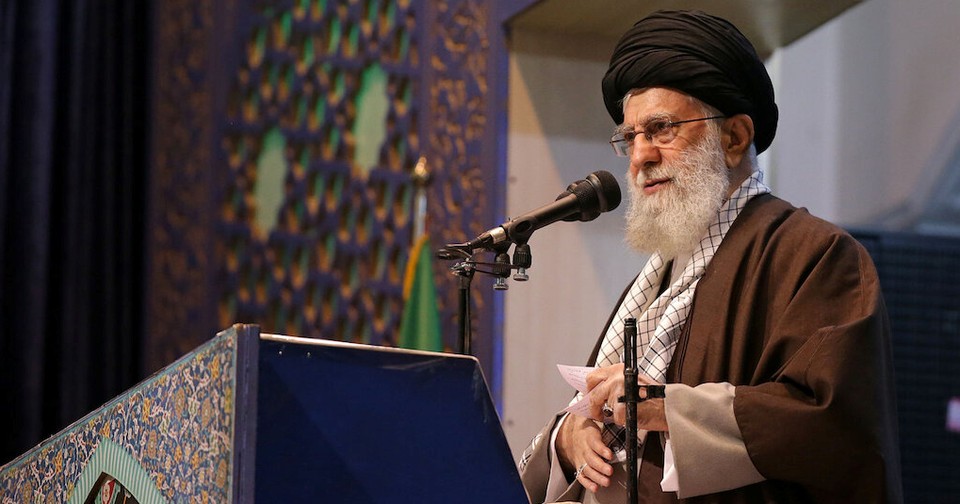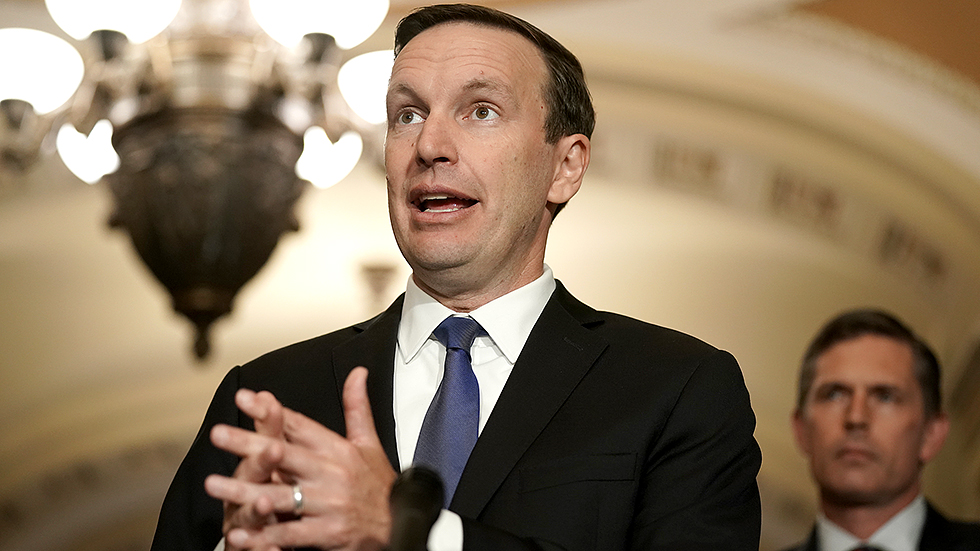superchuck500
U.S. Blues
Offline
We’re gonna try to stay on point in this one - .
.
After the Iranian admission of shooting down the Ukrainian 737, which was carrying 82 Iranian passengers, protests against the Supreme Leader have broken out.
The UK ambassador to Iran has been arrested for talking photos of the protests. President Trump has tweeted support for the protesters in English and Farsi.
After the Iranian admission of shooting down the Ukrainian 737, which was carrying 82 Iranian passengers, protests against the Supreme Leader have broken out.
The UK ambassador to Iran has been arrested for talking photos of the protests. President Trump has tweeted support for the protesters in English and Farsi.


